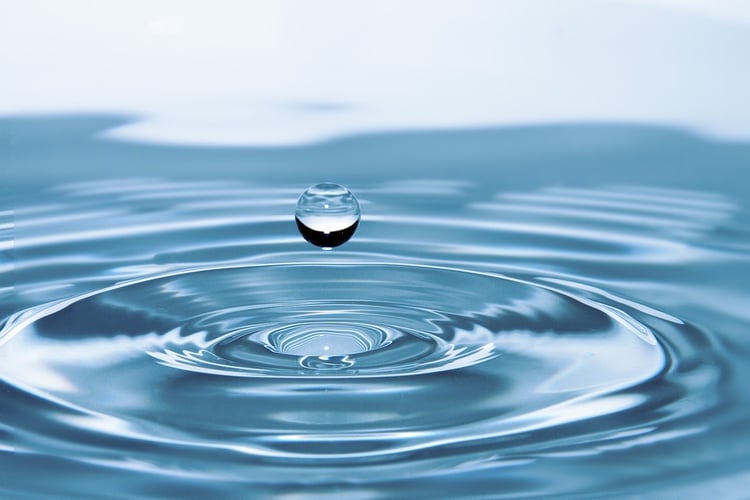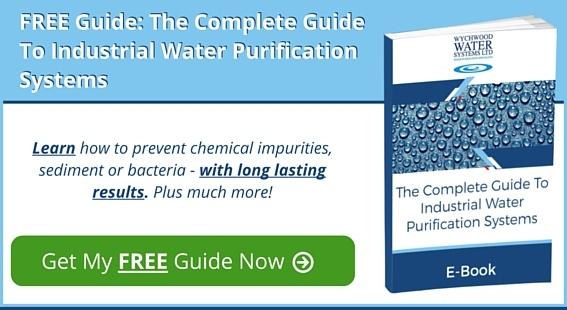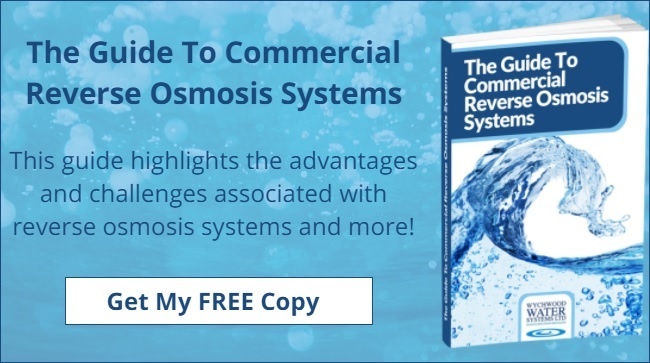
Industrial water treatment plants play a crucial role in both manufacturing efficiency and ensuring harmful pollutants are removed from waste water. Many commonly used compounds and elements in manufacturing, such as heavy metals, are actively harmful to human health and can cause severe damage to the ecosystem.
Water Safety Compliance & Environmental Sustainability
Manufacturers face a lot of scrutiny from regulatory organisations and lobby groups at the moment, with campaigning groups such as the WHO still pointing out the parlous state of industrial wastewater in some industrial sectors in the developed West. It is therefore essential that every facility operates a fully functional and well-maintained water purification plant. The maintenance of industrial water purification plants is a big capital investment, yet a mandatory one. If steps are not taken in time to address technical faults or drops in efficiency, it could result in a costly shutdown for microbiological testing, or cause your business to fall foul of clean water regulations.
There is a fine line to tread in assessing when a water purification plant needs repair or when it’s obsolete enough to be replaced. If you are wondering what determines a replacement instead of a repair, let’s have a look at top three replacement signs that would definitely impact your decision.
1) Reduced Water Purity
If the purity level of the purification plant has consistently dropped below the acceptable threshold or there are signs of inconsistent performance, your plant may need a replacement. While just one or two incidents of this kind do not constitute a need for replacement, frequent requirements for membrane cleaning and mechanical faults however, indicate that a replacement is imminent. Is always more cost-effective to pre-empt obsolescence by investing in new equipment with plenty of time, rather than reactively attempt to replace old equipment after a critical failure.
If you are experiencing frequent problems with your water purification plant, it’s worthwhile to address the root cause by carrying out a full system audit. Get in touch with one of our engineers for further information.
2) Increased Operational Cost
Like every other system, water purification systems develop increased technical faults as they grow older too. Once a system nears the limit of its working life span, it may result in a higher operational costs, greater energy expenditure and more frequent maintenance. The system then starts struggling more to produce the same results which are expected from it.
How do you tell when a system is reaching the end of life? Common faults start occurring more regularly, and different mechanical faults start occurring simultaneously. The results of these minor faults can escalate rapidly. For instance, a fault in your pump system can indicates low water flow and cause an increase in bacterial build up, leading eventually to critical water contamination levels. Hence, keep a check on the expenditure per gallon of purified water to avoid the cost of emergency repairs and deviance from the benchmark - ensuring safe and clean water at all times.
3) Bacterial Contamination
If your purification plant is struggling to keep bacterial contamination under control, it needs some attention. Before reaching levels of critical contamination, there can be a number of reasons for the infection to occur. These may include faulty filter membranes, insufficient water flow and inadequate temperature of water or a mechanical pump fault.
Microbiological testing and decontamination can require you to shut down the entire system and the ingrained infection can be quite daunting to treat at times, so if your purification system is costing you a lot of money in lost productivity, it would be better to start looking at other options to meet the water purification requirements.
Is It The Right Time To Invest In New Plant?
The ultimate guide for determining when to replace your water purification plant is this:
- Determine the current speed, productivity and effectiveness of your system in terms of cost per gallon.
- Subtract additional expenses from downtime, maintenance and repairs to give you a real figure of how much your system is costing compared to the benefits of sustaining it.
- Compare this figure to the speed, productivity and efficiency of a new water purification plant, bearing in mind that new equipment will experience far less maintenance expense, as well as being more productive.
- Calculate the difference between the two figures and decide whether the initial investment in new kit is worth the expense. In most cases, businesses receive a positive ROI fairly quickly when replacing obsolete kit, along with long-term boost in productivity.
To make the right decision for your business, you should equip yourself with up-to-date knowledge about modern water purification technologies and how changes in the industry are improving the performance of traditional plant. To help you, we have written a free Industrial Water Purification Guide which can be downloaded by clicking here.









 We are a specialist independent company involved in water purification and water treatment technologies
We are a specialist independent company involved in water purification and water treatment technologies


